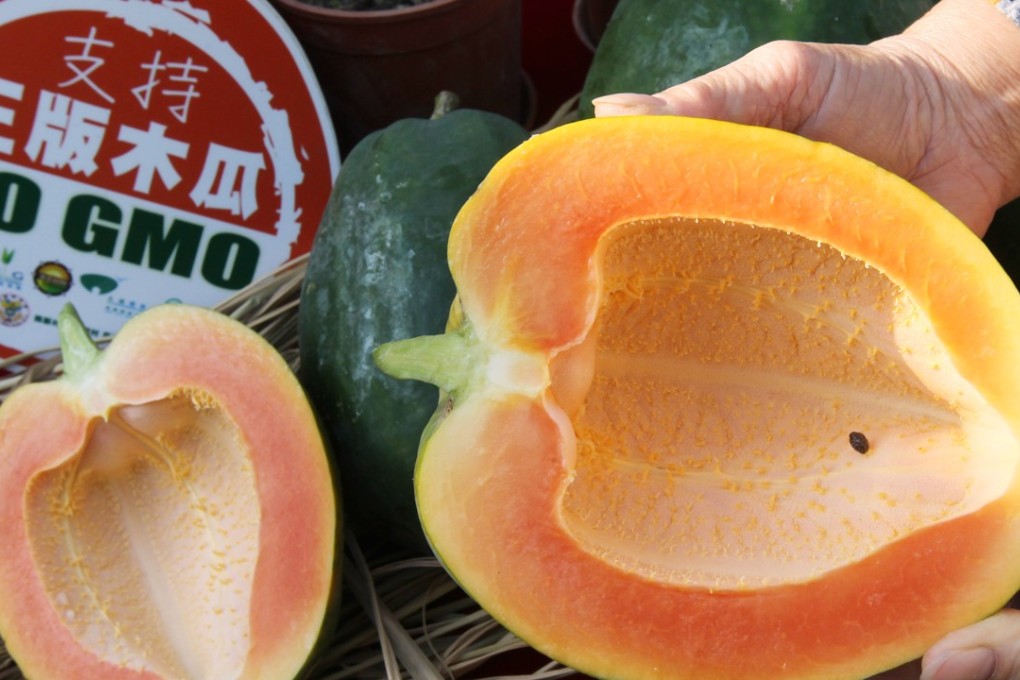Why GM foods are not the solution to world hunger: superbugs and superweeds

I refer to the debate over the safety of genetically modified (GM) food.
Many are convinced that GM food can resolve the food security crisis and help end global huger. With the help of gene technology, GM food is capable of resisting specific types of diseases, pests and environmental conditions, and ensure desired qualities in looks and nutrients, thereby providing more quality food for the world’s population.
However, though GM crops can undoubtedly be healthier, the goal of resolving the food crisis is difficult to achieve, if not impossible. The reason is that the problem is not inadequate supply of food, but its uneven distribution.

China backs genetically modified soybeans in push for hi-tech agriculture
Again, some studies suggest GM foods can have a detrimental effect on human health. It is feared that the presence of antibiotic resistance marker genes in such foods would diminish the efficacy of antibiotics in humans or animals. The presence of such genes in the environment and soil, and in the food we consume, could pass on the trait of antibiotic resistance rapidly and widely, rendering anti-bacterial medicines useless.